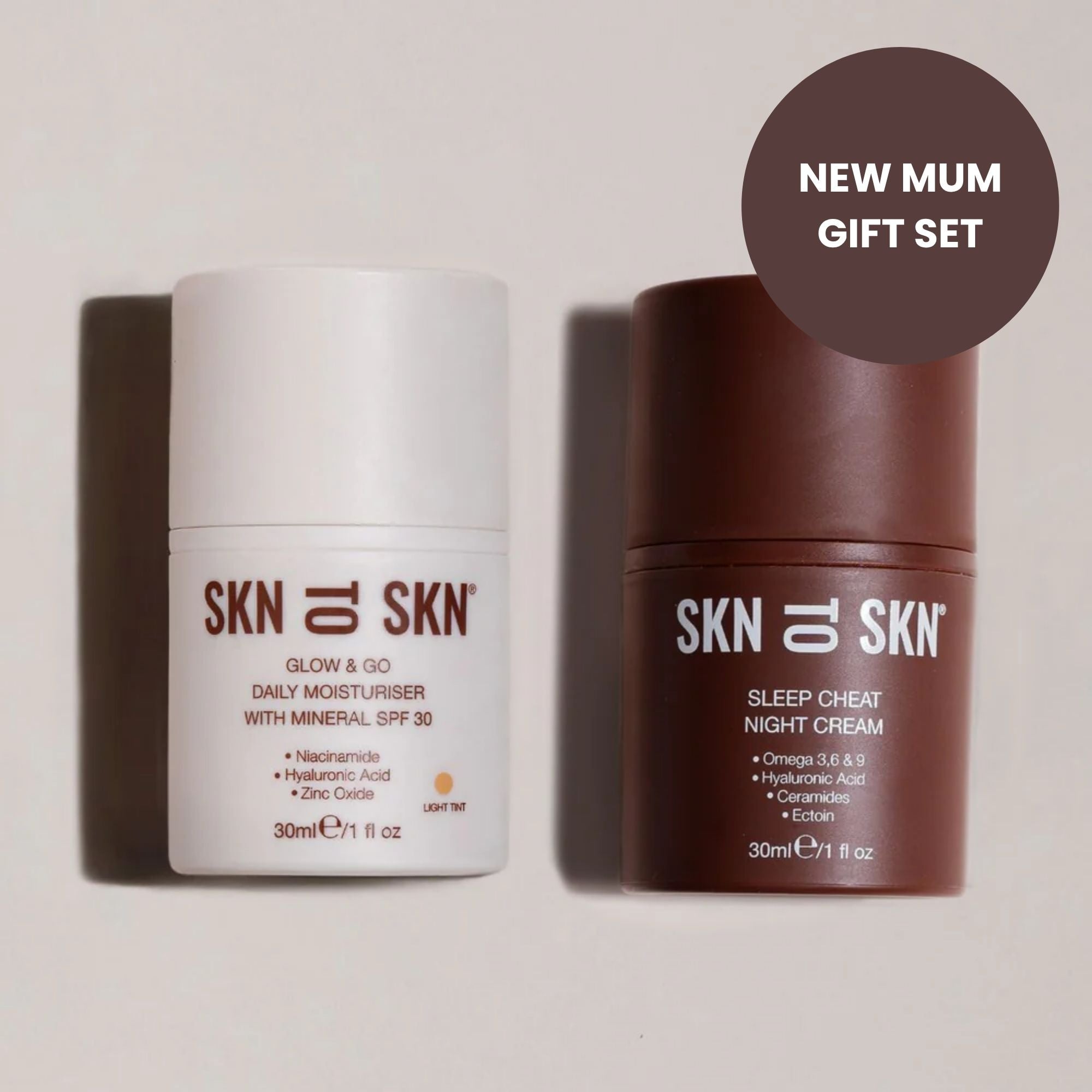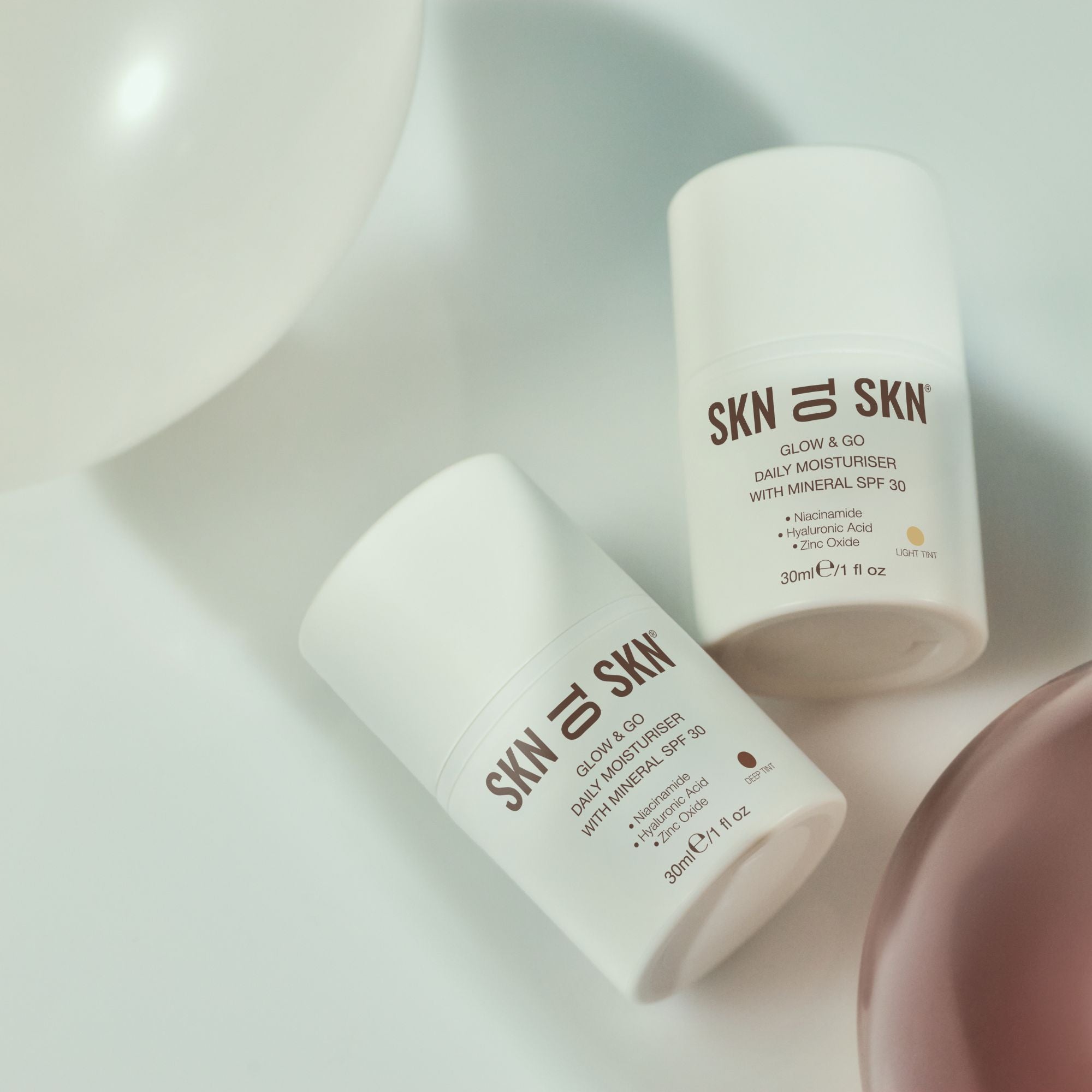Many women feel uncertain about whether essential oils are safe to use during pregnancy and it’s easy to understand why. Online advice is often conflicting, with some sources promoting essential oils as natural and harmless, while others warn against them entirely.
In this Expert Insights episode, Professor Caitriona Ryan shares her professional perspective on essential oils during pregnancy and her expert recommendations for safer, evidence-based alternatives to support your skin throughout your pregnancy journey.
What Are Essential Oils?
Essential oils are highly concentrated plant extracts that capture the natural scent, flavour, and beneficial compounds of their source such as flowers, leaves, bark, or fruit. They’re often used in aromatherapy, skincare, and wellness products for their soothing, aromatic, or antibacterial properties.
However, because they’re so potent, essential oils need to be properly diluted before use, especially on the skin.
Why Are They Not Recommended During Pregnancy?
Essential oils aren’t always recommended during pregnancy because they’re highly concentrated and can be absorbed into the bloodstream, potentially affecting both the mother and developing baby. Additionally, certain essential oils are considered potential endocrine disruptors, meaning they can interfere with the body’s natural hormone activity - a particular concern during pregnancy, when hormonal balance is crucial for healthy development.
Pregnancy also makes skin and senses more sensitive, increasing the risk of allergic reactions or nausea from strong scents. Additionally, there’s limited scientific research confirming the safety of many essential oils in pregnancy, so most medical professionals advise caution.
What Are Some Alternatives To Essential Oils?
Professionals say that low levels of essential oils can generally be considered safe, but anything that is plant derived can cause irritancy.
There are plenty of gentle, pregnancy-safe ingredients that can deliver the same soothing, hydrating benefits without the risks. Look for nourishing oils like Inca Omega Oil or jojoba oil which help restore elasticity and strengthen the skin barrier. Ingredients such as hyaluronic acid and ceramides provide deep hydration, while ectoin can calm and protect sensitive skin.
For brightening and balance, niacinamide and vitamin E offer antioxidant support and help even skin tone. Together, these ingredients create a safe and effective alternative to essential oils, keeping skin healthy, comfortable, and radiant throughout pregnancy and beyond.
Final Thoughts...
While essential oils can offer sensory and skincare benefits, pregnancy is a time to take extra care with what you apply to your skin. Because hormonal balance and sensitivity change so much during this period, it’s best to opt for gentle, clinically backed ingredients that nourish and protect without risk.
Choosing pregnancy-safe alternatives allows you to maintain a self-care routine that feels both relaxing and responsible, supporting your skin’s health and your peace of mind throughout pregnancy and beyond.

Written by Professor Caitriona Ryan, Consultant Dermatologist










Leave a comment
This site is protected by hCaptcha and the hCaptcha Privacy Policy and Terms of Service apply.